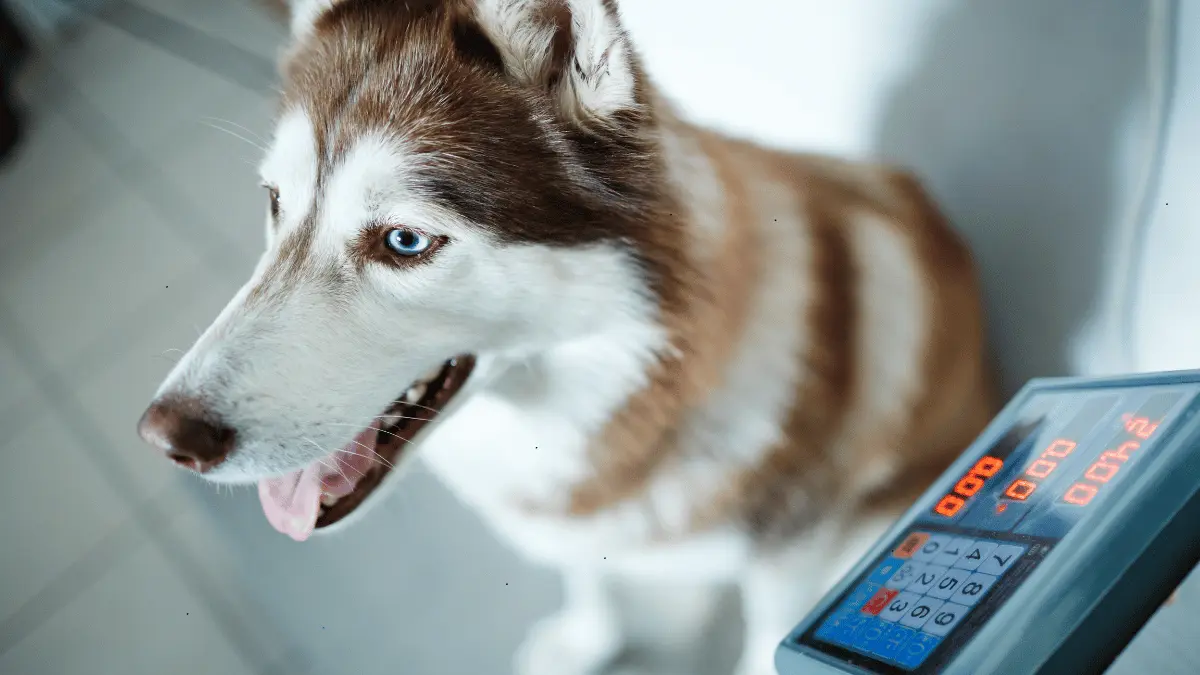How To Tell If Your Dog Has Rabies
Rabies is a deadly viral disease that can affect both humans and animals. While rabies is preventable through vaccination, it’s crucial to know the signs and symptoms so you can seek help promptly. Here’s a guide on how to tell if your dog has rabies.
Understanding Rabies
Rabies is transmitted through the saliva of an infected animal, usually through a bite. The virus travels through the nervous system, causing severe neurological symptoms. While rabies is almost always fatal, early detection and treatment can improve the chances of survival.
Signs and Symptoms of Rabies in Dogs
Recognizing the early signs of rabies in your dog is essential. Here are some common symptoms to watch for:
- Behavioral changes: This is often the first sign of rabies. Your dog may exhibit aggression, restlessness, or unusual behavior.
- Excessive salivation: Your dog may drool excessively or have difficulty swallowing.
- Dilated pupils: The pupils may be unusually large or unresponsive to light.
- Seizures: In advanced stages, your dog may experience seizures or tremors.
- Paralysis: As the disease progresses, your dog may become paralyzed, particularly in the hind legs.
When to Seek Veterinary Care
If you notice any of these symptoms in your dog, it’s crucial to seek veterinary care immediately. Rabies is a medical emergency, and prompt treatment can be life-saving.
Prevention of Rabies
The best way to prevent rabies in your dog is through vaccination. Regular vaccinations can provide protection against this deadly disease. Additionally, keep your dog away from wild animals, especially raccoons, bats, and foxes, which are known carriers of rabies.
Rabies is a serious health threat, but it can be prevented. By understanding the signs and symptoms and seeking veterinary care promptly, you can help protect your dog and yourself from this deadly disease.
Keywords: rabies in dogs, signs of rabies, dog rabies symptoms, rabies prevention, dog rabies treatment, how to tell if my dog has rabies














